Escalating Tensions in palestine: Quran Desecration, Hezbollah Retaliation, and International Responses
Hamas has called on Arab and Muslim nations, as well as international organizations, to condemn Israeli forces for burning copies of the Quran at a mosque in Gaza. The group emphasized that this desecration, along with the destruction of mosques, underscores the extremist nature of Israeli forces and their fascist behavior. Al Jazeera Arabic aired footage from Israeli soldiers' cameras, showing the Quran being ripped and burned at the Bani Saleh Mosque in northern Gaza. Additionally, a video from an Israeli drone depicted the bombing of the historic Grand Mosque in Khan Younis.
Despite the widespread destruction, Muslim Palestinians in Gaza have continued to hold communal prayers near the ruins of mosques, even though these gatherings have been repeatedly targeted by Israeli bombardments. In a recent attack, 20 worshippers were killed near a destroyed mosque at the Shati refugee camp. Earlier this month, an Israeli strike on a school sheltering civilians during morning prayers in Gaza City resulted in over 100 deaths.
According to the Gaza Government Media Office, Israel has destroyed 610 mosques and three churches over the past 10 months. In response, Hamas has urged "the free people of the world" to defend Muslim and Christian holy sites in Palestine and to work towards ending the ongoing conflict in Gaza. The Israeli offensive has led to over 40,200 Palestinian deaths and has caused widespread devastation. The Council on American-Islamic Relations (CAIR) condemned the desecration of the Quran and the targeting of mosques, asserting that Israel’s actions amount to a war on Islam. CAIR also called on President Joe Biden to denounce these abuses and to suspend weapons transfers to Israel.
In retaliation for the assassination of Commander Fouad Shukr, Hezbollah announced a large-scale air attack involving drones and missiles against Israeli targets. The Israeli army responded with extensive strikes in southern Lebanon, claiming to have thwarted a major attack. Hezbollah reported that over 320 rockets were launched towards enemy sites, targeting 11 military bases in northern Israel and the occupied Syrian Golan. The group emphasized its readiness to respond to any Israeli aggression, warning of severe consequences if civilians are harmed.
Israel conducted dozens of air raids on southern Lebanon, deploying 100 warplanes in the process. Prime Minister Benjamin Netanyahu stated that the Israeli army had destroyed thousands of rockets aimed at northern Israel and had removed other threats. As a result, restrictions have been imposed on several regions, including the northern and southern Golan Heights and greater Tel Aviv, as Israel remains on high alert. Despite Israel’s claims of preemptive action, Hezbollah denied that its attack was thwarted, insisting that its operation was successfully completed. Amidst these developments, Israeli media reported disruptions in flights, and a security cabinet meeting was postponed.
The United States, meanwhile, reiterated its support for Israel’s right to self-defense following Hezbollah’s attack. President Joe Biden is closely monitoring the situation in Israel and Lebanon, with senior US officials in constant communication with their Israeli counterparts. National Security Council spokesman Sean Savitt stated, "We will continue to support Israel's right to defend itself and will continue to work to maintain regional stability." The Pentagon also affirmed its commitment to defending Israel, with Defense Secretary Lloyd Austin speaking with his Israeli counterpart, Yoav Gallant. Austin reiterated Washington’s unwavering support for Israel against any attacks by Iran and its proxies, including Hezbollah. In recent weeks, the United States has bolstered its military presence in the region, following threats of retaliation from Iran and Hezbollah after the assassinations of Hamas political leader Ismail Haniyeh in Tehran and Hezbollah military leader Fouad Shukr near Beirut.
Source : AL Jazeera
Disclaimer
The views expressed in this article are the author’s own and do not necessarily mirror Islamonweb’s editorial stance.

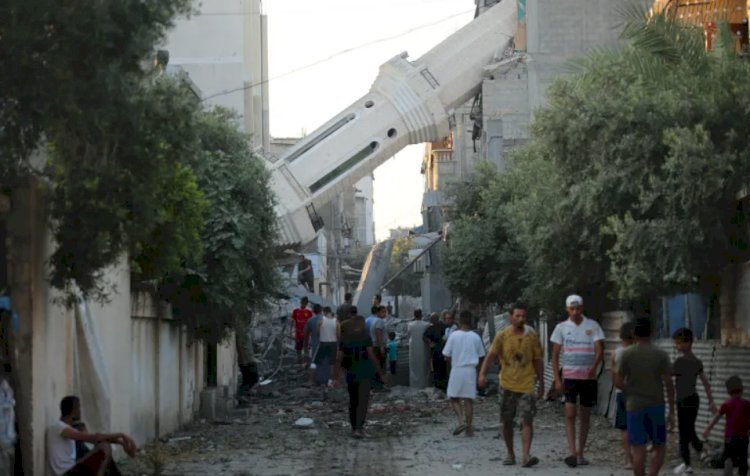


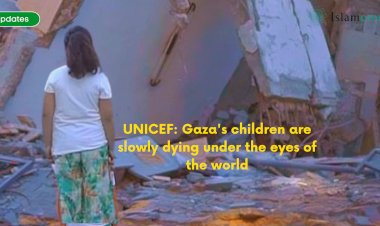

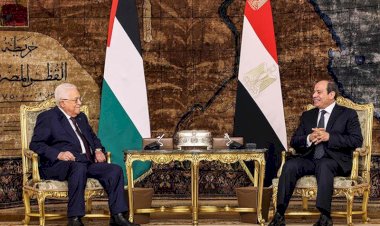

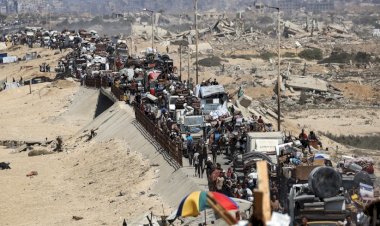
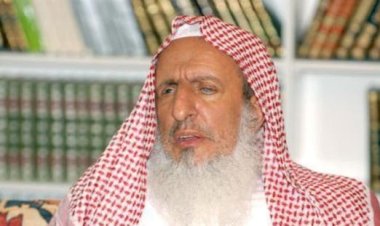














Leave A Comment